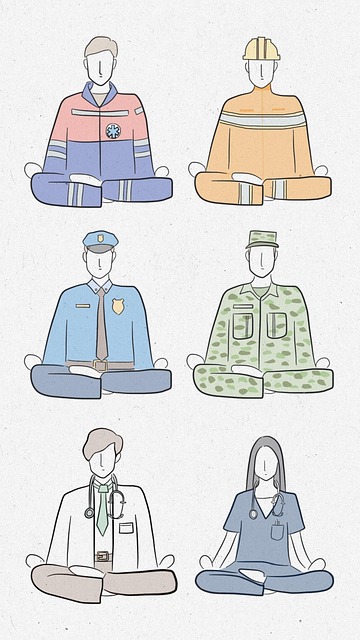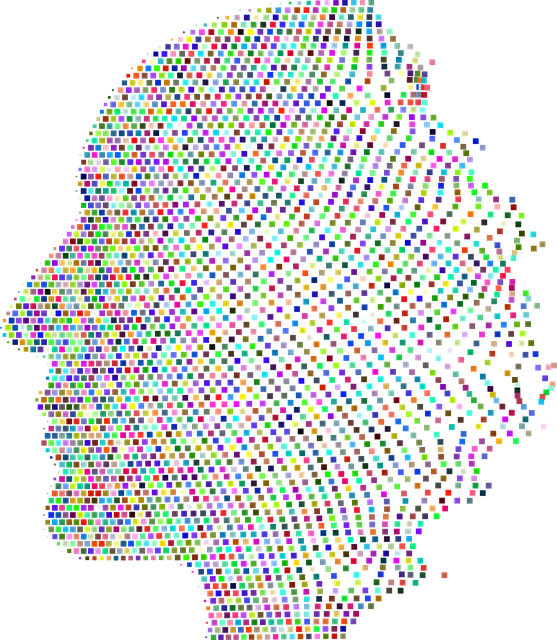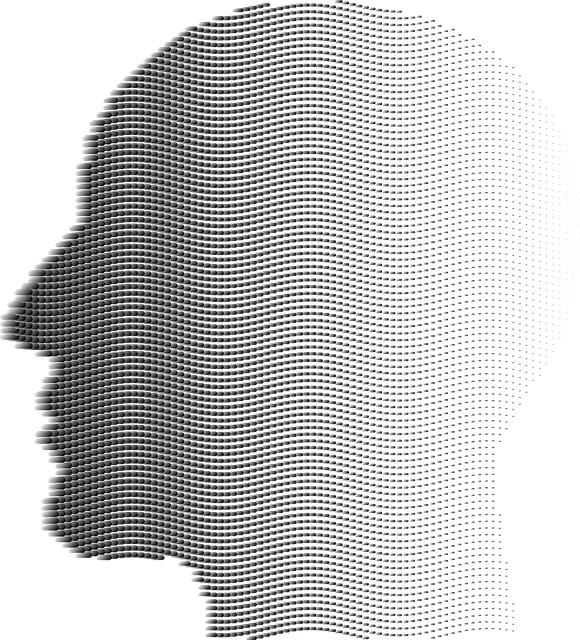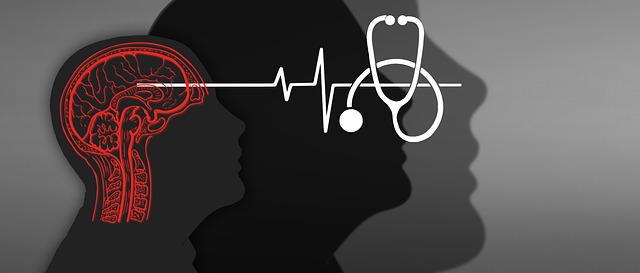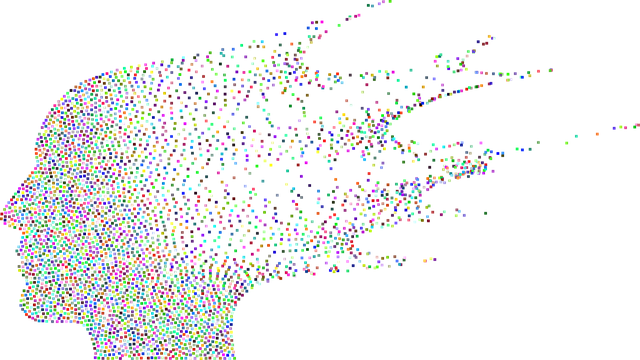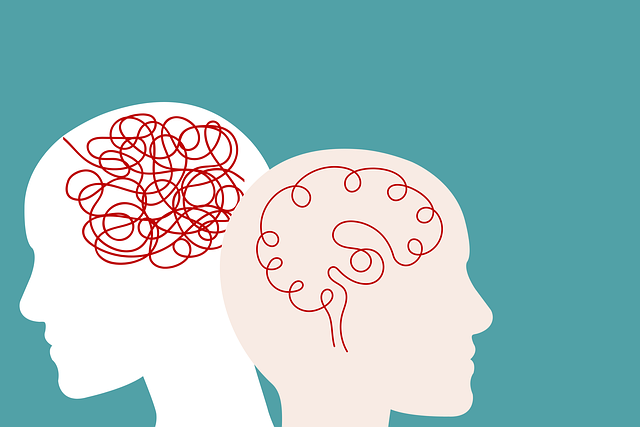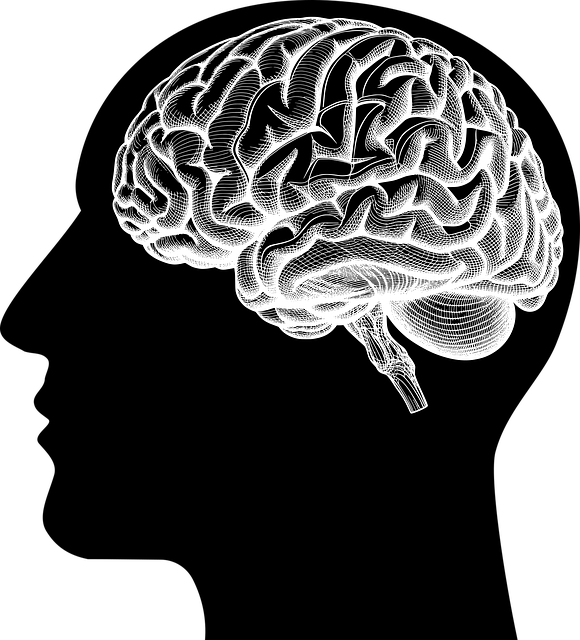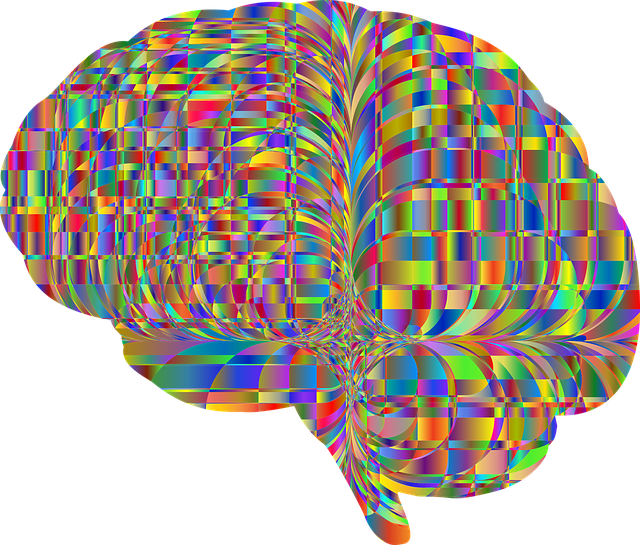Golden Veterans Therapy focuses on comprehensive mental health education tailored to veterans' unique challenges, such as PTSD, depression, and anxiety. Their programs combine evidence-based practices (cognitive behavioral therapy, stress management) with a holistic approach addressing social determinants of health. Through risk assessment tools, social skills training, resilience-building workshops, and mindfulness techniques, they empower veterans to recognize warning signs, challenge stigmatized narratives, and build supportive communities. Engaging content strategies like role-playing and group discussions foster open dialogue, while evaluation methods measure program effectiveness through various data collection methods.
Mental health education programs play a vital role in fostering well-being, especially among often overlooked populations like veterans. This article delves into designing comprehensive mental health educational initiatives tailored to veterans’ unique needs through Golden Veterans Therapy. We explore essential components, from understanding mental health fundamentals to engaging content strategies and measuring program effectiveness. By implementing structured, audience-specific approaches, we can enhance mental well-being and revolutionize support for our veteran community.
- Understanding Mental Health: Creating a Foundation for Education
- Identifying Target Audiences and Their Unique Needs (Golden Veterans Therapy Focus)
- Program Structure: Components for an Effective Learning Journey
- Engaging Content Strategies to Promote Active Participation
- Measuring Success and Continuous Improvement in Mental Health Education
Understanding Mental Health: Creating a Foundation for Education

Understanding Mental health is the cornerstone upon which effective education programs are built. Golden Veterans Therapy emphasizes that a comprehensive approach must address not just symptoms but the underlying factors contributing to mental distress. This involves fostering an environment where individuals feel safe to explore their experiences, challenge stigmatized narratives, and develop coping mechanisms tailored to their unique needs. A well-designed Mental Health Education Program should incorporate evidence-based practices, such as cognitive behavioral therapy techniques and stress management strategies, coupled with a holistic perspective that considers social determinants of health.
By providing a solid foundation in mental health literacy, these programs empower individuals to recognize warning signs in themselves and others, promoting early intervention. Furthermore, integrating risk assessment tools for Mental Health Professionals ensures a proactive approach to safety. Social Skills Training is another vital component, fostering connections and supportive networks that are crucial for recovery and well-being. Ultimately, creating a culture of open dialogue and empathy through education is key to supporting Golden Veterans Therapy’s mission of enhancing mental health outcomes.
Identifying Target Audiences and Their Unique Needs (Golden Veterans Therapy Focus)

Identifying target audiences is a crucial step in designing an effective mental health education program, especially when focusing on Golden Veterans Therapy. Veterans often face unique challenges that stem from their military experiences, including PTSD, depression, and anxiety. Understanding their specific needs is key to developing relevant and impactful educational content. By recognizing the diverse range of ages, backgrounds, and individual struggles within the veteran community, programs can tailor their approach to resonate with each participant.
This personalized approach should incorporate evidence-based practices such as stress reduction methods and conflict resolution techniques to address the high levels of trauma and tension that veterans may experience. Effective mental health education for this demographic should focus on building resilience, enhancing coping strategies, and fostering a sense of community—all while acknowledging the unique cultural dynamics and shared experiences that bind Golden Veterans together.
Program Structure: Components for an Effective Learning Journey

An effective mental health education program should be structured with a clear learning journey in mind. This begins with Resilience Building, equipping participants with coping strategies to navigate life’s challenges. At Golden Veterans Therapy, we understand that fostering resilience is key to long-term well-being. Thus, our programs incorporate interactive workshops and real-life scenarios to help individuals develop mental fortitude.
Following this, Social Skills Training becomes integral. Effective social interaction is a cornerstone of mental health. Through role-playing exercises and group discussions, participants learn to communicate effectively, build healthy relationships, and navigate social situations with confidence. This component not only enhances their overall well-being but also prepares them for successful social engagement in various settings. Additionally, introducing Mind Over Matter Principles empowers individuals to understand the profound impact of thoughts and beliefs on emotional states. By teaching mindfulness techniques and cognitive reframing, we enable participants to take control of their mental health and cultivate a positive mindset.
Engaging Content Strategies to Promote Active Participation

Engaging content strategies are vital for fostering active participation in mental health education programs, especially when targeting at-risk populations such as Golden Veterans. Utilizing interactive and dynamic approaches, like role-playing scenarios and group discussions, can significantly enhance learning outcomes. These methods encourage veterans to share their experiences and perspectives, creating a safe space for open dialogue. By incorporating personal narratives and case studies related to trauma support services, participants can better relate to the material, fostering a sense of community and understanding.
Additionally, integrating practical activities like art therapy or mindfulness exercises into the curriculum offers alternative avenues for expression and relaxation. These innovative techniques cater to diverse learning styles, ensuring that every veteran has an opportunity to engage meaningfully. Incorporating mental health awareness topics alongside social skills training allows for a holistic approach, addressing both individual resilience and interpersonal connections, ultimately strengthening the support network within the veteran community.
Measuring Success and Continuous Improvement in Mental Health Education

Evaluating the success of a mental health education program is paramount to ensuring its effectiveness and fostering continuous improvement. At Golden Veterans Therapy, we employ a multi-faceted approach to measurement, integrating both quantitative and qualitative data collection methods. This includes pre-post assessments, participant feedback surveys, and in-depth interviews to gauge knowledge gain, attitudinal shifts, and self-reported improvements in mental health status.
Through these strategies, we can identify program strengths and areas needing enhancement. For instance, a robust Community Outreach Program Implementation strategy that leads to increased public awareness through Public Awareness Campaigns Development has been shown to positively impact participants’ willingness to seek help for mental health issues. Encouraging Self-Care Practices, another key focus area, consistently emerges as a valuable component in fostering resilience and long-term well-being among participants.
Mental health education programs, like those tailored for Golden Veterans Therapy, should strive to create a supportive learning environment that equips individuals with the knowledge and skills to navigate their mental well-being. By understanding foundational concepts, identifying specific audience needs, structuring engaging content, and implementing effective measurement strategies, we can foster meaningful participation and promote positive outcomes in mental health education. These efforts contribute to a broader goal of enhancing resilience, reducing stigma, and ultimately improving mental health literacy within our communities.


